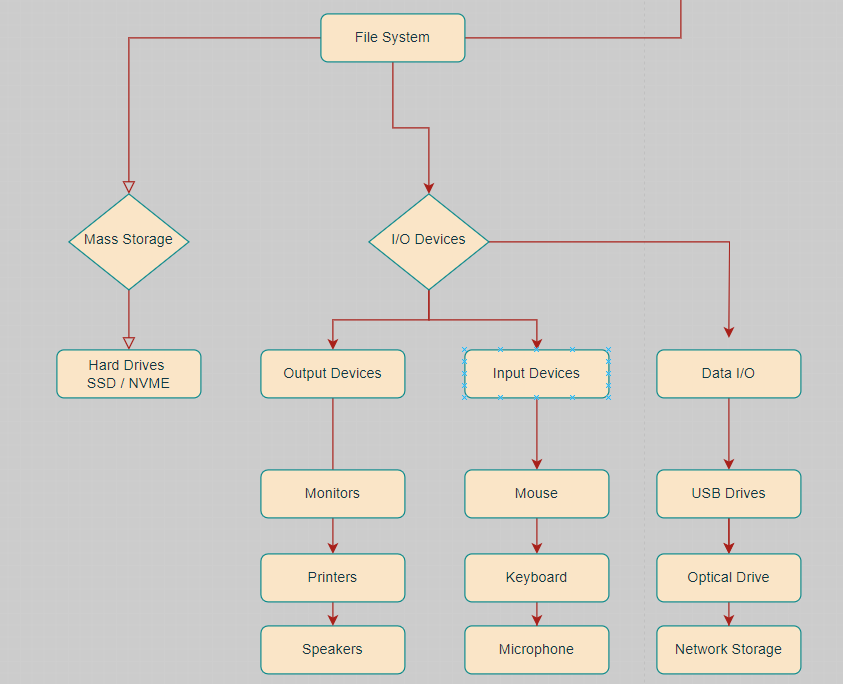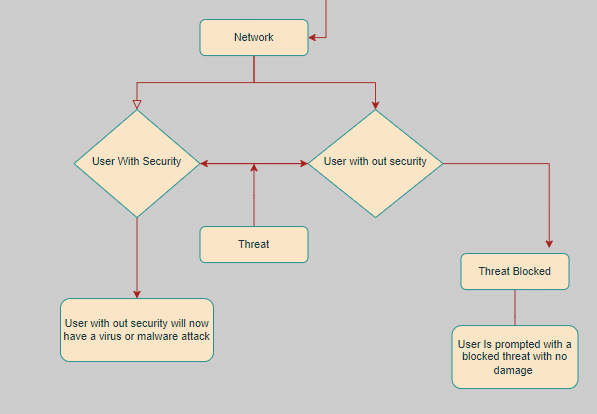Summary Blog Post
Understanding the fundamental concepts underlying operating systems provides a solid foundation for comprehending the features, structures, and mechanisms employed by contemporary operating systems. This knowledge is valuable for a range of roles involving system administration, software development, and working with computer systems in various domains.
While being in this course, I have gained new insights into how operating systems theory works as well as understanding the fundamental concepts that underlie operating systems. When these concepts combine, they form the foundation for the design and functionality of contemporary operating systems. Below are my responses for the final questions for this course. I will say that this course was a vast venture into how the theory and design of operating systems truly work and function.
Describe Features of
Contemporary Operating Systems and Their Structures
Standard operating systems exhibit several key features and are structured based on certain principles. These features include process management, memory management, file system management, device management, and user interface. The structure of an operating system can vary, but it typically consists of a kernel, system libraries, system utilities, and application programs. The kernel is the core component that interacts with the hardware and provides essential services to other parts of the operating system.
Describe How Operating Systems Enable Processes to Share and Exchange Information
Operating systems provide mechanisms for processes to exchange and share information. This is managed through different mechanism known as IPC which stands for inter-process communication. These are known as shared memory, message passing, pipes, and sockets. These mechanisms allow processes to communicate and synchronize their activities, enabling collaboration and resource sharing.
Explain How Main Memory and Virtual Memory Solve Memory Management Issues
Main memory (RAM) is what you could consider a limited resource, and operating systems are responsible for managing memory efficiently. They allocate and deallocate memory for processes, ensuring that each process has sufficient memory to execute. Virtual memory is used by operating systems which will extend the available memory beyond physical RAM. It involves mapping virtual addresses used by processes to physical addresses in main memory or secondary storage, allowing for efficient memory utilization and providing the illusion of a larger address space.
Explain How Files, Mass Storage, and I/O are Handled in a Modern Computer System
Operating systems provide abstractions for things such as input or output devices (I/O), mass storage, and files. File systems manage and organize files that are on secondary storage devices, which provides a hierarchical structure and file operations like create, read, write, and delete. Mass storage management involves overseeing large storage devices such as hard disks, SSDs, or network-attached storage. I/O subsystems manage interactions with various devices like keyboards, displays, printers, and network interfaces, providing a consistent interface for applications to interact with these devices.
Outline The Mechanisms to Control Access to Resources
Operating systems implement mechanisms to control access to resources defined by a computer system. These mechanisms include what is called an ACL. This stands for access control lists. Other mechanisms include file permissions, user authentication, and process scheduling algorithms. They make absolute sure that only authorized users or processes can access specific resources and allocate resources fairly among competing processes.
Recommend How You Will Use These Concepts of Operating Systems Theory in the Future
The concepts of operating systems theory are essential for understanding the principles and inner workings of modern computing systems. These concepts will be valuable in future courses or jobs that involve system administration, software development, or working with complex computer systems. Knowledge of operating systems theory will help in designing efficient software, optimizing system performance, and troubleshooting issues related to resource management and system interactions. This course was a great adventure into operating systems. The material covered here will help me in future classes and that I am sure of.
References
Silberschatz, A., Galvin, P. B., & Gagne, G. (2014). Operating system concepts essentials (2nd ed.). Retrieved from https://redshelf.com/






Comments
Post a Comment